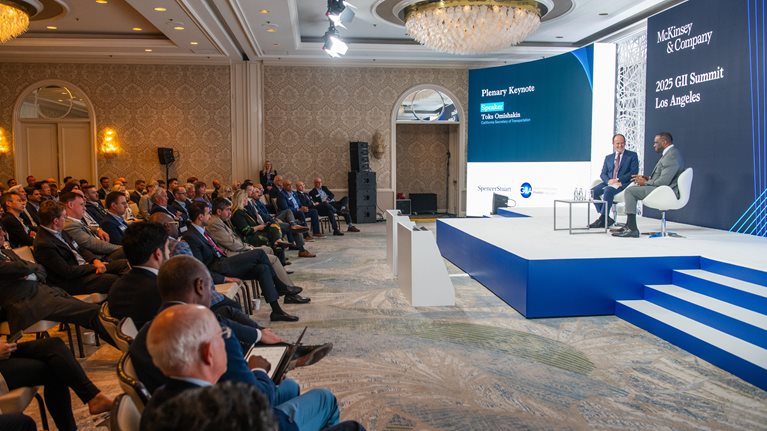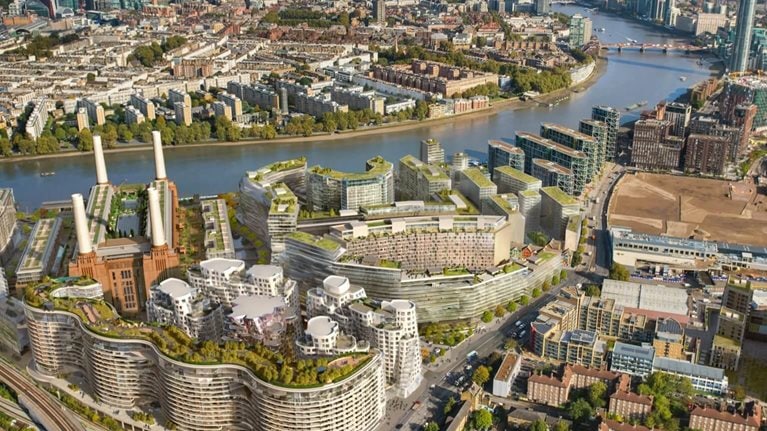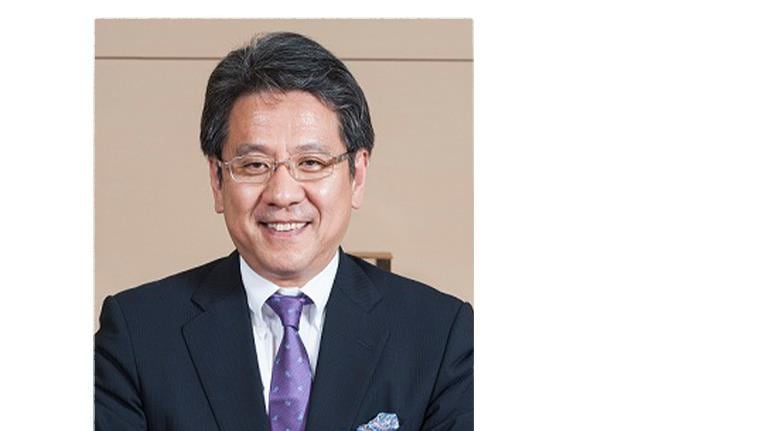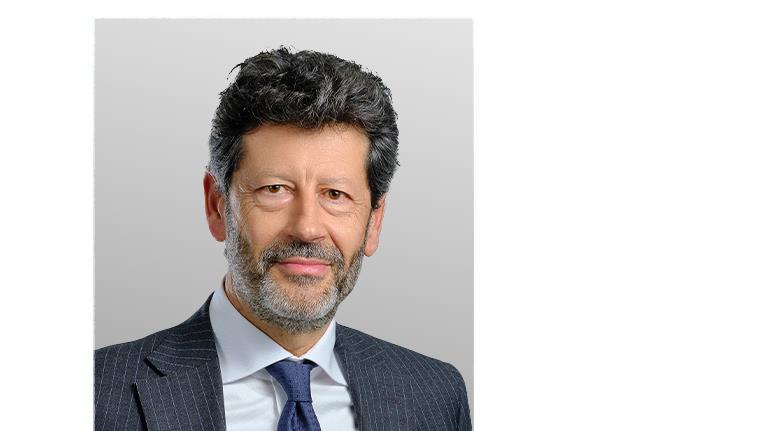The infrastructure sector underpins multiple global trends, playing a central role in the energy transition, geopolitical complexities, and the rapid rise of artificial intelligence (AI). While these trends present myriad opportunities, much of their potential value relies on planning, financing, delivering, and operating their underlying physical assets.
These global trends are shaping a new era for infrastructure, now a trillion-dollar asset class and one of the fastest growing segments in private markets. This era comprises four central imperatives:
- Delivering smart, green infrastructure: The energy and digital transitions, alongside evolving global demographics, require a huge portfolio of new assets—from chip plants to offshore wind farms and modern port terminals. How can the industry collectively ensure these assets are financed, delivered, and operated in a sustainable and efficient way?
- Renewing critical infrastructure assets: While there is significant demand for construction of new projects, the majority of the world's infrastructure already exists. Much of this brownfield infrastructure requires rejuvenation to become more technology-enabled and energy-efficient. What does it take to ensure today's infrastructure is upgraded, refurbished, and retrofitted so that it is fit for the needs of the next century?
- Integrating AI and disruptive technologies: The digitization of infrastructure has been an enduring industry challenge given long asset lifecycles, technology fragmentation, and other hurdles from privacy concerns to skill gaps. How can leaders break out of "pilot purgatory" and deploy tools like digital twins, generative scheduling, and artificial intelligence with real impact at scale?
- Embracing the age of digital infrastructure: Digital infrastructure has dominated headlines as the sector strives to support the burgeoning needs of a connected world. Assets like data centers, fiber networks, and semiconductor fabrication facilities will become critical asset classes for both investors and government. How can the public and private sectors work together to unlock the necessary physical infrastructure for a robust digital economy?
Leaders engaging at this pivotal moment in time for infrastructure development have an opportunity to not only improve the world's resilience and growth, but also to help address many of the complex social and economic issues that are inextricably linked to converging global forces.

















